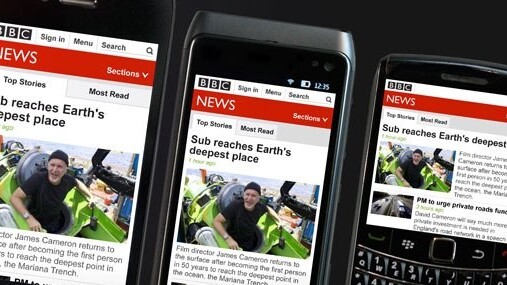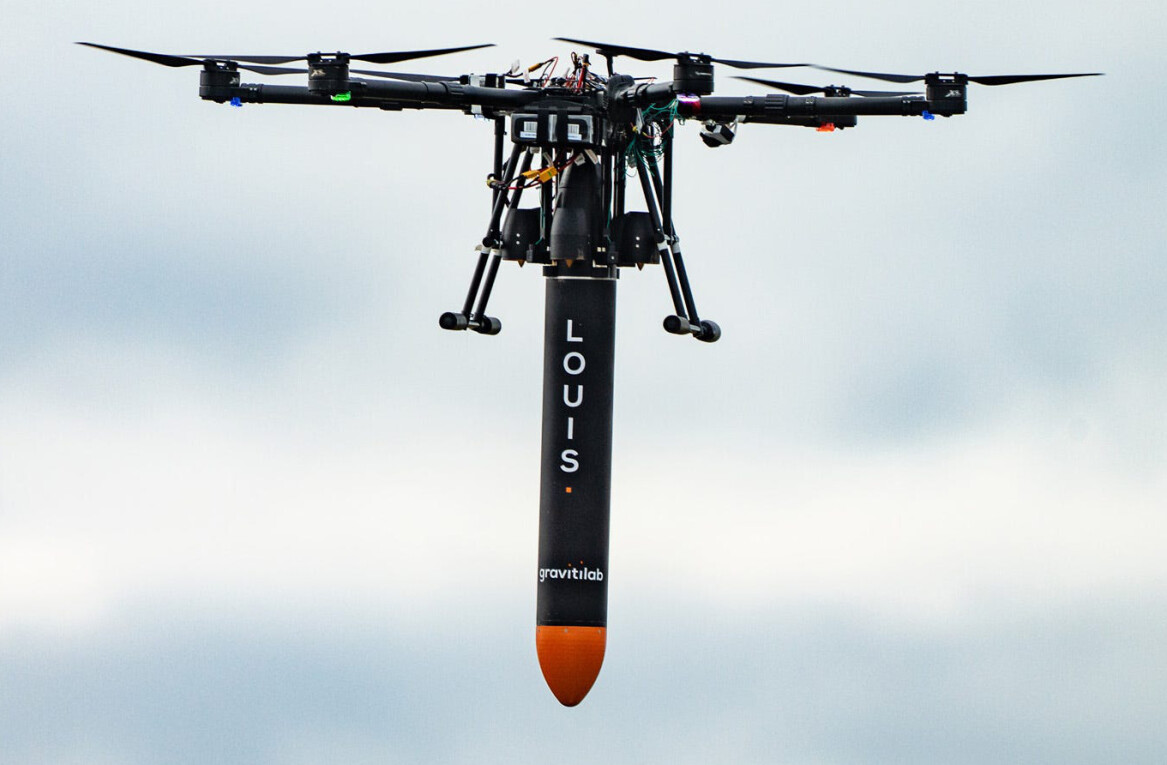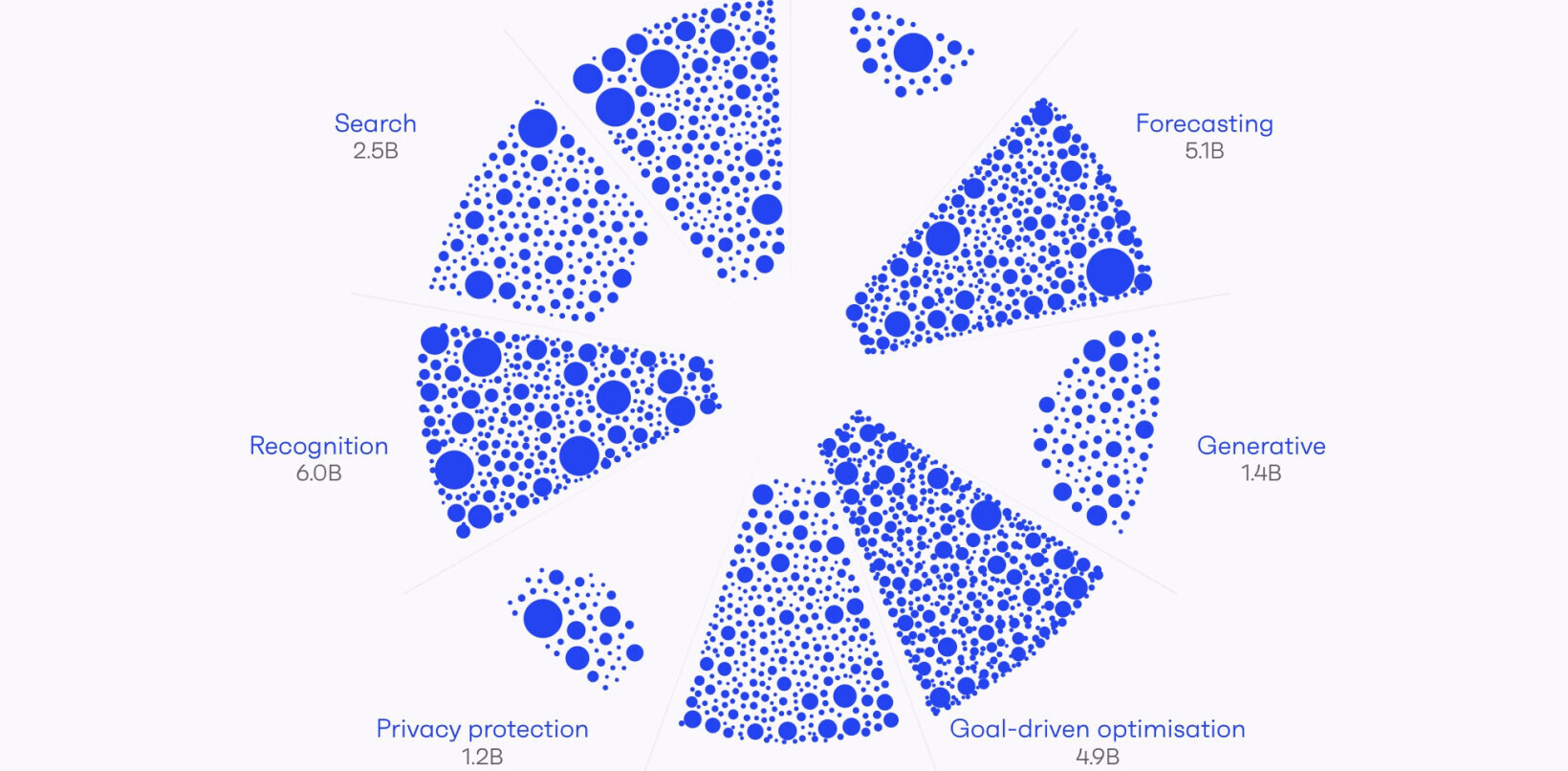
The BBC has been slowly rolling out updates and overhauls across its digital services over the past year or so, and today it launched the latest iteration to BBC News for mobile devices.
The broadcaster may have native mobile apps for Android and iOS, but there are some who access the content via mobile browsers. And changes are afoot from today.
“If you’re one of the large and rapidly growing number of people who use BBC News Online on more than one digital device, you’re likely to start noticing some changes in the next few weeks and months,” says Chris Russell is Head of Product for BBC News Online. “In particular, the minority of users who still use the mobile Web browser version of our product will see it change.”
So what are these changes? Well the BBC News mobile website (in the UK and internationally) has been redesigned to work on a range of mobile devices and screen sizes, including touchscreen, keypad or trackball-enabled contraptions. So, now when you browse the mobile site, what you see will be tailored specifically for the device you’re using.
If you visit the news section through a mobile browser [m.bbc.co.uk/news], the way you peruse articles and view the Most Read articles has been made easier, whilst Features and Analysis stories are also now showcased throughout the site.

Ultimately, these changes mean that reading BBC News through your mobile browser will feel more like a native experience. Whilst Russell calls the mobile browser user-base a minority, he did qualify it by saying that it represents a “sizeable and significant minority”, and it’s clear that rather than trying to shoehorn users into using the native mobile app, it’s tapping responsive Web design technology to create a better browsing experience.
“We believe this is one of the most innovative and largest scale uses of a new approach to creating Web applications – called responsive design – that the Web has seen, which will ultimately enable us to deliver a better BBC News experience, tailored according to how and where you are using it but which is also familiar and consistent,” says Russell.
Responsive Web design, as you might’ve guessed, adapts the layout of a Web page to suit the platform on which it is being viewed. “Like many ideas, the thinking behind responsive design is brilliantly simple,” adds Russell. “Basically, you come to our website, we do the hard work and ask your device all those tricky questions, before delivering a page in the best shape and size, with the most ‘features’, that your device can support.”
It’s worth stressing that this isn’t just for the UK market. Around the world, people want access to news on many different devices, with smartphones not always an option and native apps equally elusive. Responsive design helps it tailor the site to as many people as possible, across multiple platforms.
“We have an obligation to deliver our core product to screens of all kinds of shapes and sizes,” continues Russell. “BBC Online has a strategy to deliver to four screens, and that is exactly what responsive design offers.”
Get the TNW newsletter
Get the most important tech news in your inbox each week.





